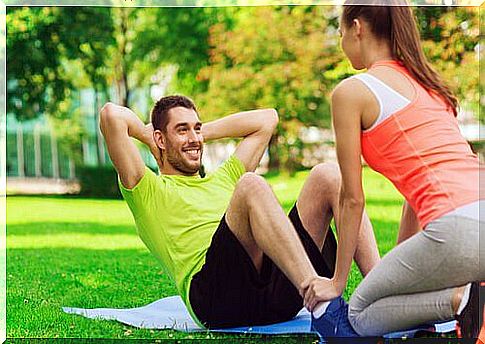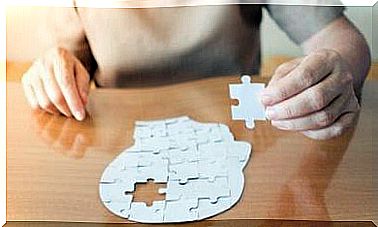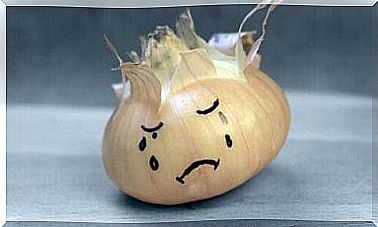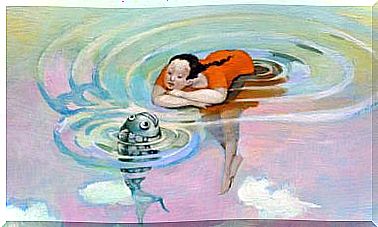3 Strategies To Motivate Yourself To Exercise

To begin with, let’s be clear about sports and keeping in shape.
You have all the rights in the world to have extra pounds and to be fragile and without energy.
You are allowed to accumulate fat around your stomach or in the hips, to have pain every time you try to move, and to gasp as soon as you increase your walking pace.
And best of all, you have the right to suffer from cardio-pulmonary or cardiovascular disease. You have the right to be sad, depressed, upset or stressed.
You have the right to stay at home looking at yourself in the mirror and saying to yourself: “why am I doing this to myself” or “a little exercise wouldn’t hurt me”. And do nothing to change.
You have the right to have joint problems, to suffer from fragile bones, chronic back pain, stiffness and lack of muscle tone.
Until now you had the right to complain because you wanted to change this and you didn’t know how to do it.
But from now on, when you move on to the next paragraph, you will lose that right to be so condescending to yourself.
In this article, you will learn how to motivate yourself to exercise, without valid excuses.
How do you find the motivation to exercise?
For most people, the motivation to exercise is not natural.
Human beings are often lazy, it is true. They like to have drinks with friends, or stay at home, especially if the weather is bad.

But to say “I don’t have time”, “I don’t feel like” or “I have other things to do” are not valid excuses, even if they seem to you to be.
If you do not have time now to take care of your health, you will have to find it to cope with illness, pain and difficulties associated with lack of exercise and sedentary life.
Don’t think about it and get started!
Don’t go all the way, don’t look for excuses, don’t justify your decisions. Just do it.
It doesn’t matter if you are tired, cold, feel bad in your sports clothes, your hair gets tangled during exercise, it is too early or too late, you are tired or you have pain somewhere.
Get started and point!
Plan it the day before, so that when the time comes, you think about it as little as possible.
You have many options for exercising, outside the home, and even at work.
You can go to a gym, sign up for an online workout platform, search the internet for videos, or follow a book.
Either way, make the decisions before you go out: it’s the best way to get past laziness.
Don’t give her any chance to settle down, don’t allow yourself to think that you are too tired or that you will be able to do so the next day.

Visualize how you will be in the future if you don’t exercise
Most people tell you the opposite: visualize how you will be after training for several months to get the closest to your goal.
The problem is, this thought rarely works because people only think about the efforts and sacrifices they are going to have to make, and it wears them out.
So you have to see the thing upside down. Think about your current physical activity, where you are, and how you will be in a few years if you don’t do anything.
Imagine yourself in five, ten, twenty years. Represent yourself at 78.
Disappointed, right? Fragility, obesity, incapacity, sadness, loneliness …
Think about how you will end the next session
Rather than thinking long term, one of the main keys to motivating yourself to exercise is to go for it every day.
So think about the next session, but not how much it will cost you to leave your house, or the laziness that will invade you at the fatal moment.
Think about how you will feel when you finish your session.

Exercise releases an incredible amount of good hormones. The most popular are endorphins, which make us feel euphoric at the end of the exercise.
These hormones are natural pain relievers that reduce pain, anxiety, and stress.
Exercising also releases serotonin, a substance that affects morale.
Here, serotonin helps us find calm, especially in states of anxiety and depression, and helps us get to sleep.
It also makes it possible to control the ingestion of food, and in particular junk food.
Finally, you should know that doing exercises also releases dopamine, the hormone linked to addictions.
Dopamine allows us to experience a feeling of well-being after exercise, which creates a link between pleasure and activity and makes us want to do more and more.
Thus, thanks to the exercises, we do not have to resort to other, less healthy sources of pleasure.








